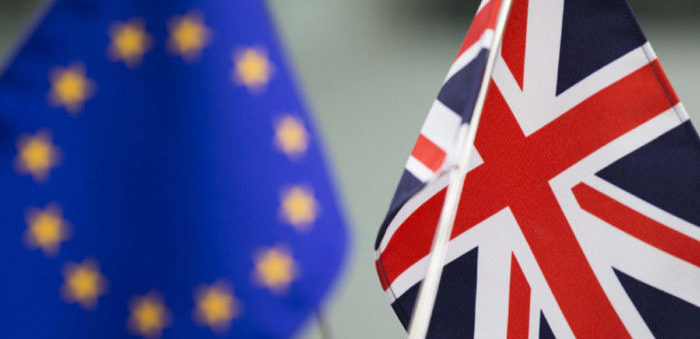As the Brexit deadline is coming nearer, on March 29, British policy makers are trying to avoid a logistics confusion that could lead to lack of essential goods. For this reason, the UK called the shipping industry to find a solution, however Wall Street Journal reports that that will not happen soon.
With the March 29 deadline for Brexit right around the corner, there are fears that UK will downvote Prime Minister Theresa May’s withdrawal deal. This could create a logistics confusion, Costas Paris from Wall Street Journal says, something that the UK wants to avoid.
[smlsubform prepend=”GET THE SAFETY4SEA IN YOUR INBOX!” showname=false emailtxt=”” emailholder=”Enter your email address” showsubmit=true submittxt=”Submit” jsthanks=false thankyou=”Thank you for subscribing to our mailing list”]
Speaking about the issue, Harry Theochari, chairman of Maritime UK, noted that there will indeed be problems. He based this belief on the fact that it would be difficult to change from a free-trade situation to a border with customs checks. For this to happen smoothly, more time is needed.
In fact, in case of a no-deal Brexit, there will be no agreement on trade and border procedures, and customs checks would take place for the first time in almost 50 years. This will lead to more paperwork, which exporters and forwarders definitely do not want to happen.
Now, the government is trying to establish contingency plans specifically for shipping operations. Namely, the UK gave contracts worth $130 million to three ferry operators that will move about 4,000 trucks a week to other UK ports.
The U.K. Department of Transport justified this action saying that there is no time to follow standard practices, as this situation is urgent and could lead to significant disruption to the U.K. economy.
However, Mr. Paris adds that even if such operations can start, the contingency plans do not address the bigger concerns over customs clearance. Commenting on this, K Chamber of Shipping Chief Executive Bob Sanguinetti told the British Broadcasting Corp. that goods will still go through customs procedures in ports, something that will create problems.
For its part, the European Shippers’ Council stated that it is very important for the EU and the U.K. to agree on a transition period, at least until the end of the year, to set out on a new free-trade agreement. If this does not happen, shipping will not be able to prevent potential problems.































































